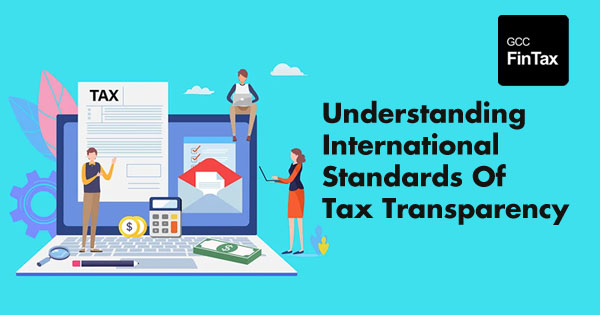
Presently, in the corporate world, there are many companies which are indulged in practice of BEPS (Base erosion, Profit shifting). This is a practice of eroding base of home country by blocking tax revenue to be received by government. People shift their profits to tax haven and there is no system to measure the amount of exact profit earned by companies. This makes the system suspicious and it clearly lacks transparency. To overcome this issue, OCED has come up with few guidelines to have a visible transparency in taxation system of the world.
Tax transparency refers to putting off the practice of forbidding to provide the financial information of corporates or individuals by banks. This will significantly reduce tax evasion and would lead to clear, systematic approach for collecting taxes.
In April 2009, during London Summit, OECD stepped on to end bank secrecy and tax havens, and addressed various issues regarding tax avoidance. It has also contributed to G-20 countries to help them reform, reshape their tax architecture.
To ensure transparency, it has created a global forum so as to exchange information on taxation. Today over 160 members are part of it and are working on international standards of tax transparency. One of the ways to ensure transparency is to putting an end to offshore tax evasion.
Few international standards that are specified by OECD are:
The main standard to ensure transparency in the taxation system is exchange of information in various ways and to various people.
Disclaimer: Content posted is for informational & knowledge sharing purposes only, and is not intended to be a substitute for professional advice related to tax, finance or accounting. The view/interpretation of the publisher is based on the available Law, guidelines and information. Each reader should take due professional care before you act after reading the contents of that article/post. No warranty whatsoever is made that any of the articles are accurate and is not intended to provide, and should not be relied on for tax or accounting advice.
You can access Law including Guidelines, Cabinet & FTA Decisions, Public Clarifications, Forms, Business Bulletins for all taxes (Vat, Excise, Customs, Corporate Tax, Transfer Pricing) for all GCC Countries in the Law Section of GCC FinTax